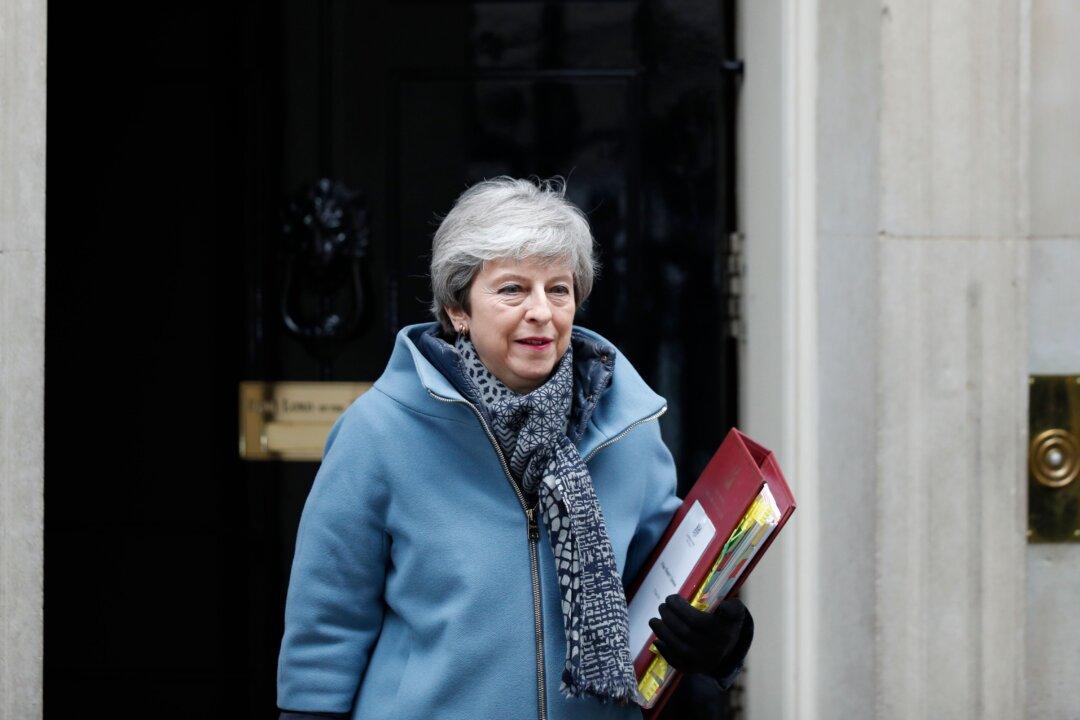LONDON—The UK’s unemployment rate fell to a 43-year low in the second quarter of 2018, but pay growth slowed to its weakest in nine months, official figures show.
The statistics, released by the Office of National Statistics on Aug. 14, showed there had also been the sharpest annual drop in the number of EU workers in Britain since 1997.




